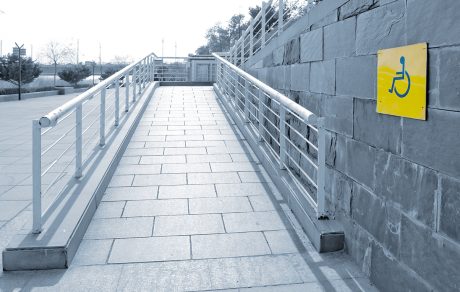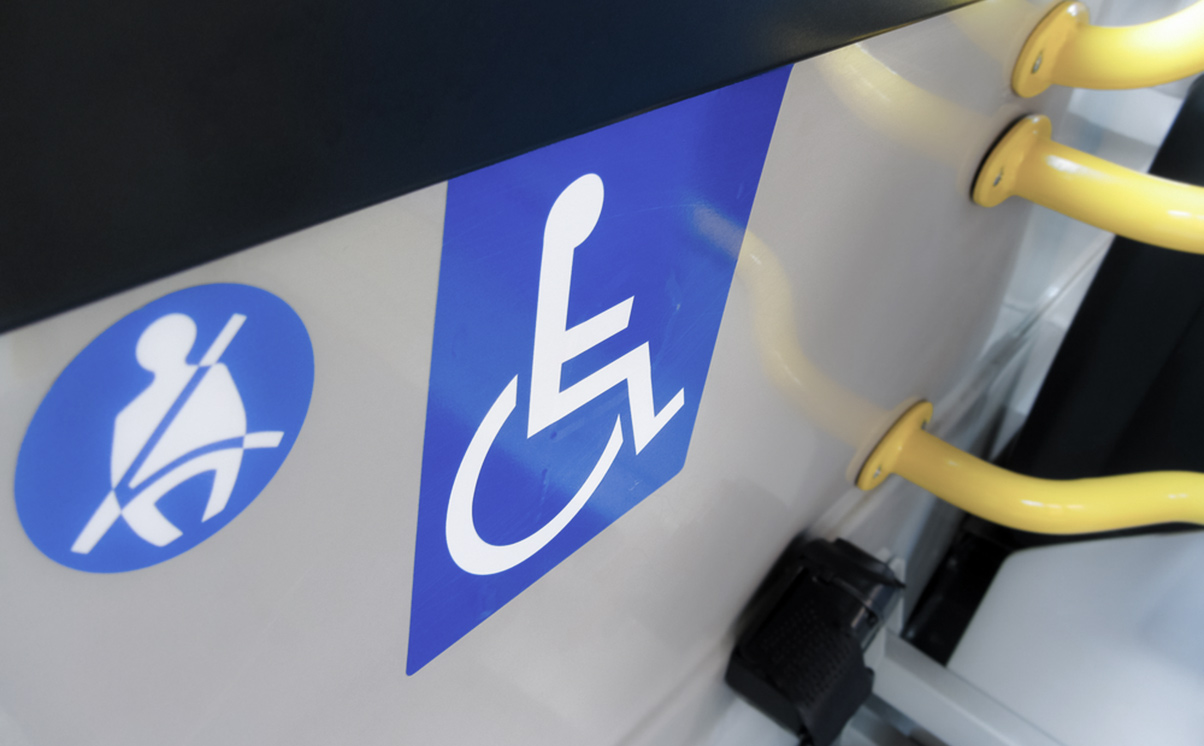All service providers (such as shops, restaurants, hotels, theme parks and health and fitness clubs) have a duty to make reasonable adjustments to their premises and facilities so that they are accessible for people with disabilities (section 20 of the Equality Act 2010). The duty requires all reasonable steps to be taken to avoid service users with disabilities being put at a substantial disadvantage compared to those who are not disabled.
This covers:
- Where a provision, criterion or practice puts a disabled person at a substantial disadvantage;
- Where a physical feature puts a disabled person at a substantial disadvantage;
- Providing auxiliary aids where a disabled person would otherwise be put at a substantial disadvantage.
What is considered a “reasonable” adjustment depends upon a number of factors. These include the size and nature of the organisation, the nature of the facilities or services provided and their resources available, including the cost of the adjustment.
This duty includes the requirement to provide accessible toilets and these are now commonplace in the UK. There are, however, an estimated 250,000 people who are not able to use accessible toilets due to the complex nature and severity of their disabilities and instead require changing places.
Changing Places provide sanitary facilities for individuals who require the assistance of carers and are unable to use a bathroom independently. A Changing Places toilet differs from an accessible toilet in that it provides a changing bench, a ceiling track hoist system and adequate space for the disabled person and two assistants. More than 1,000 Changing Places toilets have been installed at a variety of locations in the UK including Sutton railway station, INTU Lakeside Shopping Centre in Essex and the Capital FM Arena in Nottingham.
Adam George, aged 11, is suing Flambards Theme Park in Cornwall for its failure to make reasonable adjustments by not providing a Changing Places toilet. Adam was born with a condition that causes muscle weakness (requiring the use of a wheelchair) as well as autism. Adam’s mother is no longer able to lift him onto the toilet and therefore requires the use of a ceiling hoist. Flambards provides standard accessible toilets and recently invested in a fully height-adjustable mobile medical table and mobile hoist that can be used, if required, but this is does not constitute a Changing Places toilet. This does provide easier accessibility than a standard disabled bathroom, however falls short of a fully equipped Changing Places bathroom, which would include a properly fitted ceiling hoist, as well as space for carers. Flambards estimates that the provision of a fully equipped Changing Places toilet would cost around £40,000, which may impact on jobs.
Another mother recently highlighted the difficulties of those who require changing places. Laura Moore shared a photograph on social media of her changing her son, who has quadriplegic cerebral palsy, on the floor of a John Lewis bathroom. In this instance, John Lewis responded, stating they do not have sufficient space on their premises to provide a Changing Places bathroom.
Adam George’s case is being viewed as a ‘test case’ over what can be considered reasonable in the provision of Changing Places and accessible toilets. Once decided, it will hopefully provide a clearer picture on what is required of all service providers.
This article was published as part of ‘The Legal Service Newsletter’. The Legal Service is provided by Stewarts’ pro bono team as part of the firm’s commitment to help people with serious injury. The service offers free advice to patients when they need it most.
To make a referral to The Legal Service, please contact Kara Smith by phone on 020 7822 8000 or by email at ksmith@stewartslaw.com.
Media contact: Lydia Buckingham, Senior Marketing Executive, +44 (0) 20 7822 8134, lbuckingham@stewartslaw.com





